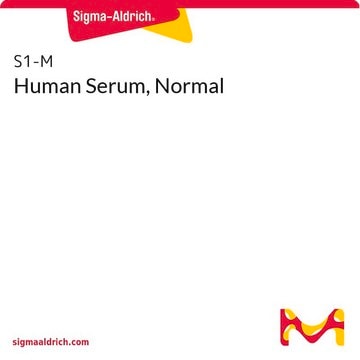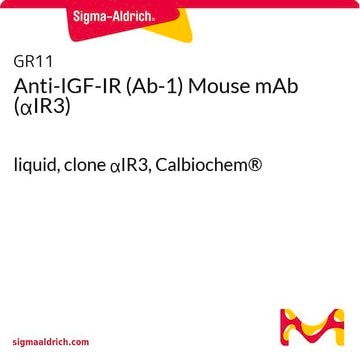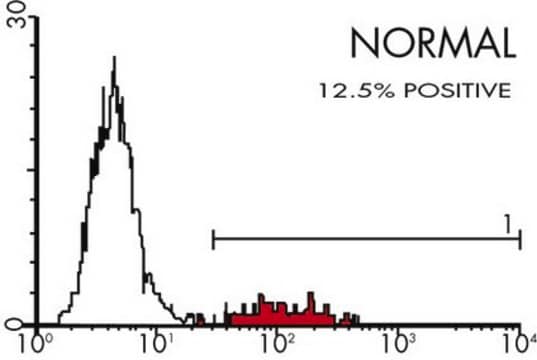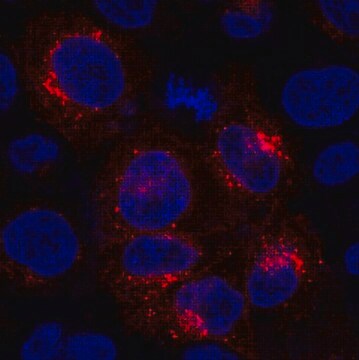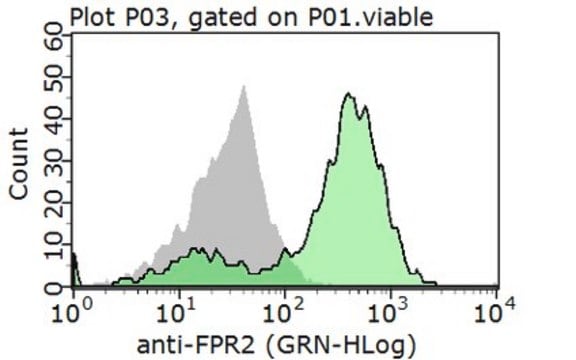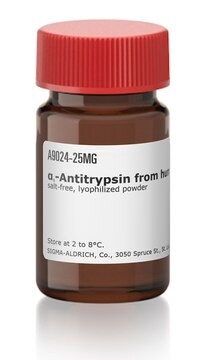GR11L
Anti-IGF-IR (Ab-1) Mouse mAb (αIR3)
lyophilized, clone αIR3, Calbiochem®
Synonym(s):
Anti-IGF-IR, Anti-Insulin-Like Growth Factor Receptor, Anti-Insulin-Like Growth Factor Receptor, Anti-IGF-IR
About This Item
Recommended Products
biological source
mouse
Quality Level
antibody form
purified antibody
antibody product type
primary antibodies
clone
αIR3, monoclonal
form
lyophilized
does not contain
preservative
species reactivity
human
manufacturer/tradename
Calbiochem®
storage condition
OK to freeze
isotype
IgG1
shipped in
ambient
storage temp.
2-8°C
target post-translational modification
unmodified
Gene Information
human ... IGF1R(3480)
General description
Application
Immunoprecipitation (1 µg/sample)
Neutralization Studies (1 µg/ml; see application references)
Paraffin Sections (not recommended)
Immunoblotting (not recommended)
Warning
Physical form
Reconstitution
Other Notes
Rohlik, Q.T., et al. 1987. Biochem. Biophy Res. Comm.149, 276.
Rosen, O.M. 1987. Science257, 1452.
Rechler, M.M., and Nissley, S.P. 1986. Hormone Res.24, 152.
Ullrich, A., et al. 1986. EMBO J.5, 2503.
Zapf, S., and Froesch, E.R. 1986. Hormone Res.24, 121.
Humbel, R.E. 1984. I. Chemistry in Li Hormonal proteins and peptides. Vol 12, Chap. 4 (Academic Press, New York, 1984).
Kull, F.C., et al.1983. J. Biol. Chem.258, 6561.
Legal Information
Not finding the right product?
Try our Product Selector Tool.
Storage Class Code
10 - Combustible liquids
WGK
nwg
Flash Point(F)
Not applicable
Flash Point(C)
Not applicable
Certificates of Analysis (COA)
Search for Certificates of Analysis (COA) by entering the products Lot/Batch Number. Lot and Batch Numbers can be found on a product’s label following the words ‘Lot’ or ‘Batch’.
Already Own This Product?
Find documentation for the products that you have recently purchased in the Document Library.
Our team of scientists has experience in all areas of research including Life Science, Material Science, Chemical Synthesis, Chromatography, Analytical and many others.
Contact Technical Service